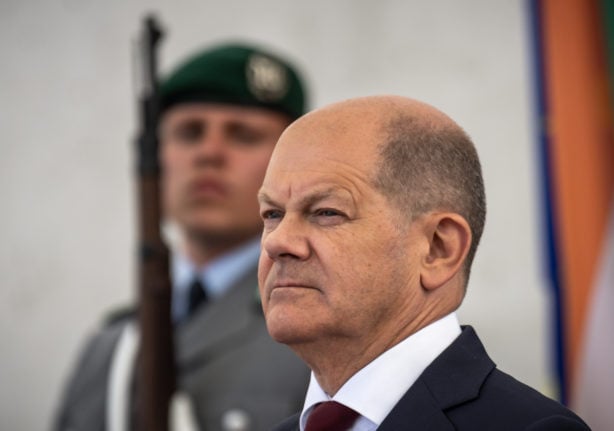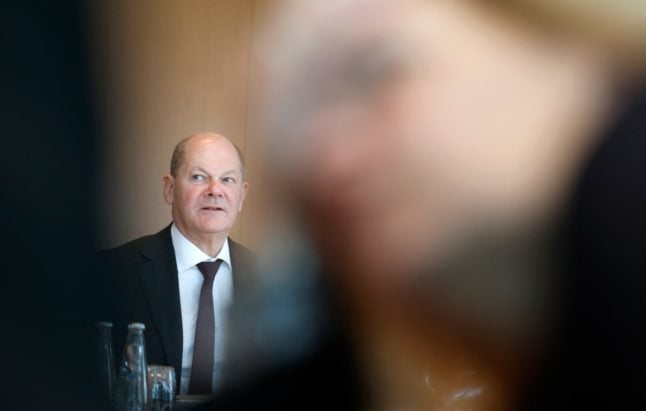Chancellor Olaf Scholz will address the people of Germany in a televised speech on Sunday, May 8th – 77 years after the German capitulation which ended the Second World War.
He will talk about the end of the war and the fighting in Ukraine, which he described earlier in the week as “the greatest catastrophe of our time”.
Government spokeswoman, Christiane Hoffmann, said the Chancellor decided to make the speech because it was a special anniversary and because two countries that had been victims of German aggression in World War II were now at war with each other.
In a speech on Friday, the German Chancellor said that “Russia’s cruel war of aggression and annihilation marks a radical break with the European peace order after the end of the Cold War”.
The commemorative speech, which will be recorded on Sunday afternoon, will be broadcast by ARD at 8.20 pm.
On this historic date, Scholz will also be hosting a digital conference with the other G7 countries to discuss the situation in Ukraine, and Ukraine’s president Volodymyr Zelensky will also be attending online.
READ ALSO: Zelensky invites Germany’s Scholz and Steinmeier to Kyiv
A wide variety of events and demonstrations are planned to take place across the country on Sunday, and a spokesperson for the German Interior Ministry reported that the security services will be keeping a close eye on events.



 Please whitelist us to continue reading.
Please whitelist us to continue reading.
Member comments